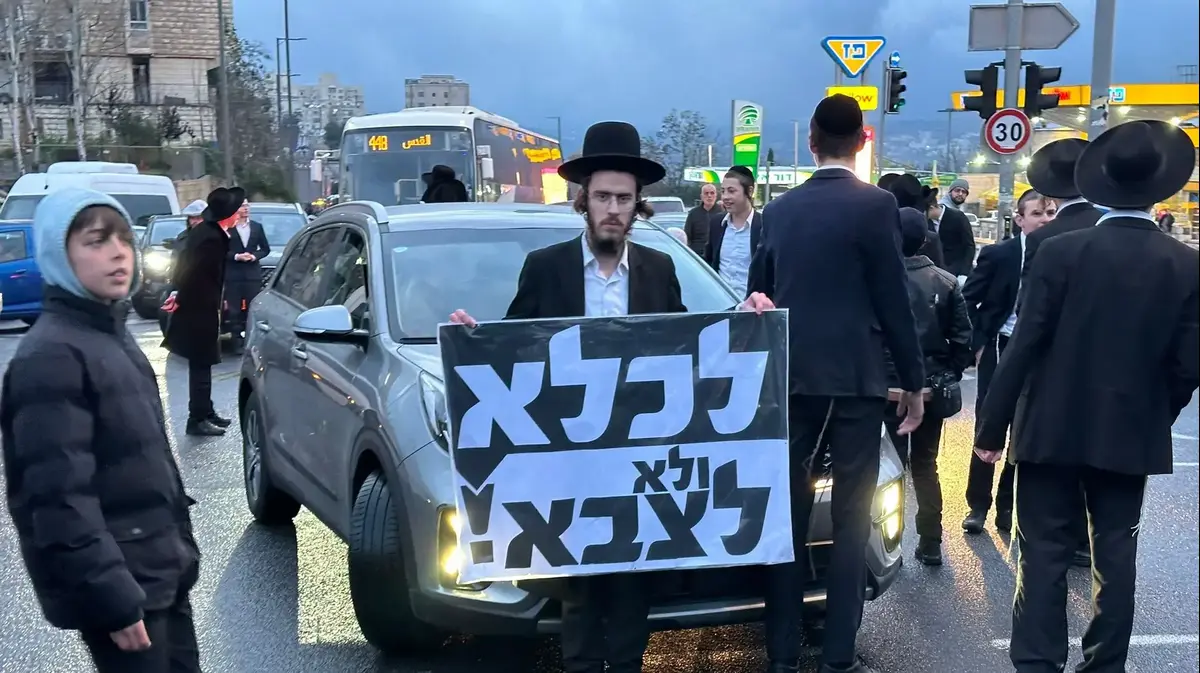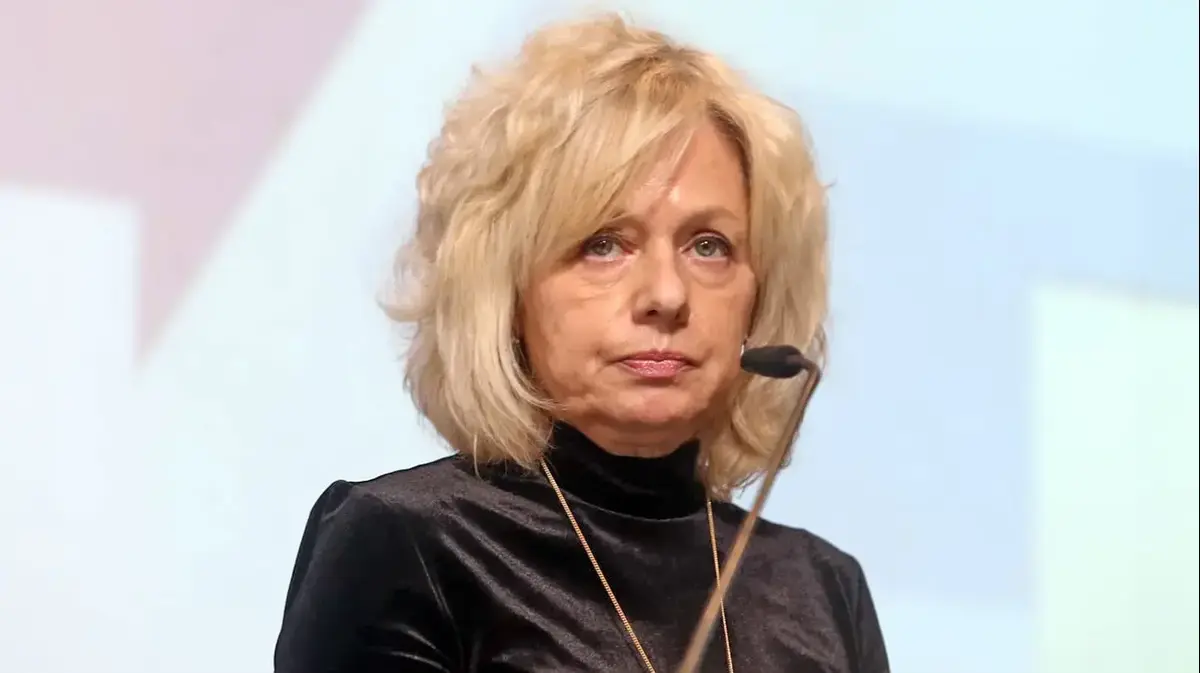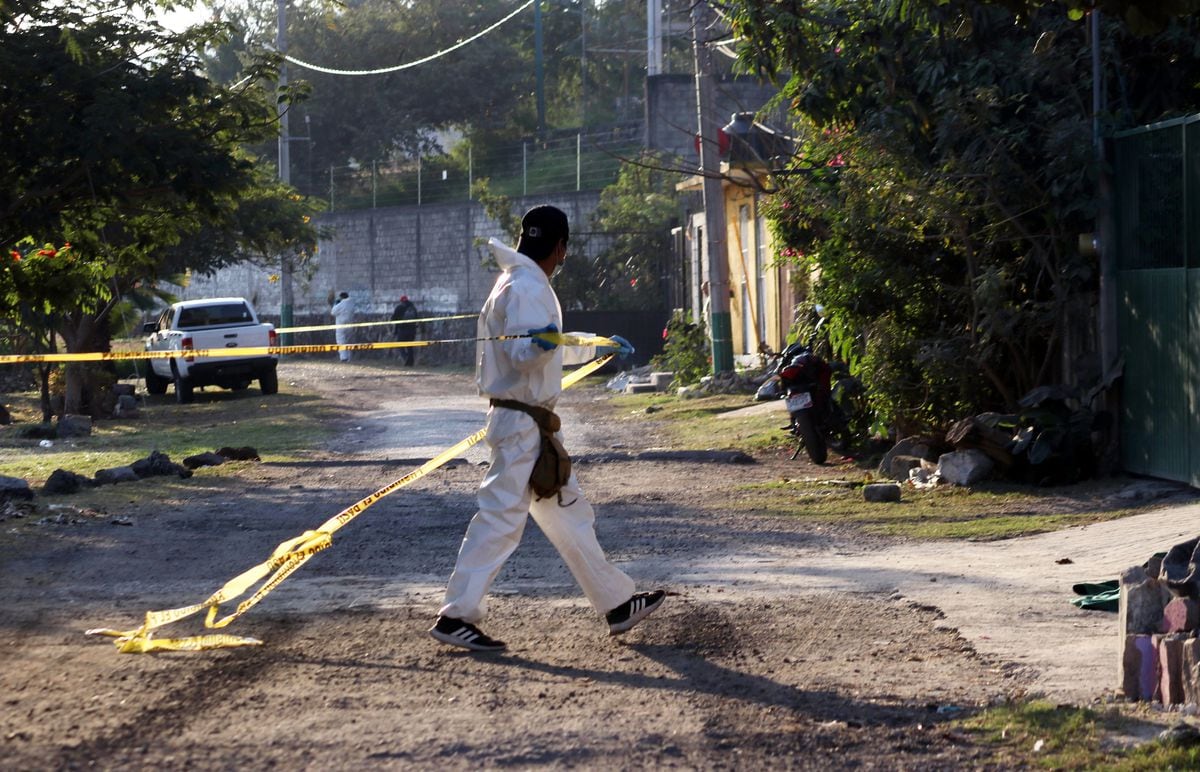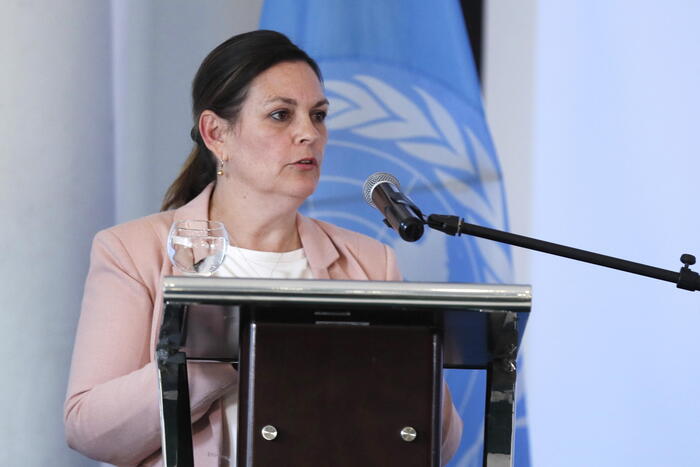Slavs only.
These two words from many apartment rental advertisements in the Russian capital show the racism of which some ethnic groups in the country are victims.
A segregating requirement that, however, no one has agreed to in any of the mobilization letters to fight in Ukraine.
Ethnic minorities have been a fishing ground for soldiers in the first massive levy undertaken by the Kremlin – some of them compensated with a sheep for the family of the recruit – which has reopened wounds in a country that is still fresh from the wars in the Caucasus.
There are 461,000 Buryats in Russia, making up 0.3% of the total population.
"Their recruitment, like that of the Yakuts and Dagestanis, has been disproportionate compared to those of other peoples," said the president of the Free Buryatia Foundation, Alexandra Garmayapova, in a telephone interview.
The activist recounts a fishing in bulk on her land with several cases of acquaintances at whose houses the recruiters showed up at four in the morning, as well as that of a relative who was put on the military bus after stopping at a gas station.
"The relatives had to go to remove the car," she recalls.
According to the 2010 census, the last one that includes ethnic groups, minorities in Russia represent around 20% of its 144 million inhabitants.
The Tartar, which represents 3.8%, and the Ukraine, 2%, are the most numerous.
More information
Last minute of the war in Ukraine
From Ulan Ude, capital of the Russian republic of Buryatia, a local official who was a member for years of United Russia, the government party, says with dismay that the mobilization in this area of eastern Siberia is practically only nourished by the Asian ethnic group of the Buryats and not the Slavs who live there.
“I don't know if they're killing us like this...”, he says nervously.
“My son is not affected by age, but they have called two nephews;
none have real military experience,” laments the official, who wishes to remain anonymous.
One of his friends, his wife and their three young children decided to pack what they could into the car and flee to Mongolia as soon as the mobilization was announced.
“And in the towns it is much worse.
Still, there is virtually no opposition there to going to Ukraine.
Many people do not know well how things are, ”he points out.
Buryatia is one of the poorest regions in Russia and has also been a huge breadbasket for the military for the war in Ukraine before the mobilization.
A sheep in exchange for the draft
In the republic of Tuva (in the south), from which the Minister of Defense, Sergei Shoigú, is a native, the relatives of the mobilized Tuvan people have received a sheep or coal in exchange for recruitment.
"The most important thing is to support your loved ones," the Tuva governor said on Telegram.
The Buryat ethnic group already had a prominent presence in the Donbas war in 2014 and 2015, when the Kremlin secretly sent troops to Ukraine to consolidate what it wanted to draw as a pro-Russian separatist movement in Donetsk and Luhansk provinces.
"In 2014, Buryatia was one of the regions that suffered the most losses," laments the activist from the Free Buryatia Foundation, who believes that the lack of opportunities for these ethnic groups is one of the key reasons for their massive recruitment, then and now.
The burned face of a Buryat tank driver, Doryi Batomunkuyev, published in
Nóvaya Gazeta
, was one of the images of that war.
"The question is what state has Vladimir Putin built in which people enlist to eke out a living," Garmayapova denounces.
“In Buryatia, you can only get a job if you have a sponsor.
If not, the alternative is military service, and Russia did not appear to be at war with anyone on a large scale.
What other option do they have?
They can migrate to the north of Russia and temporarily work in mining, or try to try in Moscow and St. Petersburg, where they face racism, "says Garmayapova.
The foundation he presides over asked its subscribers to tell about racist experiences: “In just a couple of weeks, more than 2,000 stories of this type arrived and I ended up losing count with the 4,000.
The Slavs blame those of other ethnic groups who speak badly and with an accent.
They also characterize them negatively.
In transport they are called
chúrki
(very offensive) or 'black asses'.
And the apartments are rented only to the Slavs.
There are all these stereotypes that if a guy is Caucasian, he should work as a security guard.”
Garmayapova also denounces institutional racism.
"As soon as the war crimes became known, it was said that they would have been committed by savages from the national periphery because a Russian soldier could not behave like that," he recalls, stressing that the argument of the persecution of the Russian in Ukraine "does not it is sustained” by Putin's own language policies, who in 2018 signed a law that for the first time allows regional languages to be vetoed in schools, something that already happens in his territory.
Unlike the European Union, Mongolia has started issuing residence permits to all Russians fleeing the war.
Its former president Tsajiagiin Elbegdory invited to the country especially the Buryats, Tuvans and Kalmyk Mongols.
“I have known from the very beginning of this bloody war that Russia's ethnic minorities have suffered the most.
They are being used as cannon fodder.
Hundreds have disappeared;
thousands have died," Elbegdory denounced in a message released by the Mongolian World Federation.
A Mongolian border guard inspects vehicles arriving from Russia in Altanbulag on September 25. BYAMBASUREN BYAMBA-OCHIR (AFP)
The Tartar case and the Geneva Convention
The Crimean Tatars, who have faced repression from the Putin regime for years on the peninsula that Moscow illegally annexed in 2014, denounce that they are now another priority focus in the mobilization.
The human rights organization CrimeaSOS estimates that "a huge percentage" of those recruited on the peninsula are Tatars, when they barely represent 15% of its population.
Tamila Tasheva, founder of the NGO and permanent representative of the Ukrainian president for Crimea, affirms that they have counted at least 1,500 summonses to people from that minority, when the total number of calls up in the area is around 3,000.
“During all this time of occupation they have pushed us to leave our historic homeland with their repressive policies, they have persecuted and imprisoned us for being Tatars, like terrorists;
now comes the recruitment”, laments a member of this minority by phone from Crimea.
He has decided to hold on, but he recounts the case of several acquaintances who have had to leave in a hurry after learning, from leaked lists, that they would be called to the front by Putin's army.
The founder of CrimeaSOS denounces that the recruiters cast the net in the localities where the Tatars are concentrated, in their markets, with the summons prepared.
“They stop people who fit the military age, ask for their names and write them down on the document.
They are then told to go to the enlistment office,” Tasheva explains over the phone.
"It's a tragedy.
Either they are sent to die or they are forced to leave,” she adds.
Mustafa Djemilev, a former Ukrainian parliamentarian and Crimean Tatar leader, has remarked that with the recruitment, the Kremlin seeks not only to have cannon fodder for the front, but also to get out of the way – sending them to the front or pushing them to flee abroad – at a population that can cause problems.
The Ukrainian authorities also stress that recruitment in the territories annexed by Russia, from Donbas to Crimea, is illegal.
Article 51 of the Geneva Convention makes it clear: “The occupying power may not force protected persons to serve in its armed or auxiliary forces.
Any pressure or propaganda aimed at obtaining voluntary enlistments is prohibited.
Demonstrations in the Caucasus and the Far East
The forced mobilization of civilians has sparked much larger protests in the provinces than in Moscow, where there was only one sizable demonstration on the day Putin announced the decree, Sept. 21.
Days later, only a few Muscovites in the center of the city showed their indignation, a totally different picture from those that were experienced those same days in Dagestan, in the Caucasus.
The entire town of Endiréi blocked the road after recruiters called up 110 of its inhabitants.
Wives, parents and sisters even defied shots fired into the air by security forces to disperse the demonstration.
These images were also repeated in the extreme northeast of the country.
In Yakutsk, in the Siberian republic of Sakha, dozens of women formed a circle and surrounded the police, chanting “no to genocide”.
The mobilization has been so striking in some regions far from Moscow that in Khabarovsk province, bordering China, the military commissar has been dismissed after half of those recruited were sent home for not meeting the criteria.
Follow all the international information on
and
, or in
our weekly newsletter
.
Subscribe to continue reading
read without limits
Keep reading
I'm already a subscriber

/cloudfront-eu-central-1.images.arcpublishing.com/prisa/RASBHA54PBB4ZFOAT46ORCITZI.jpg)






